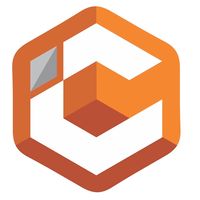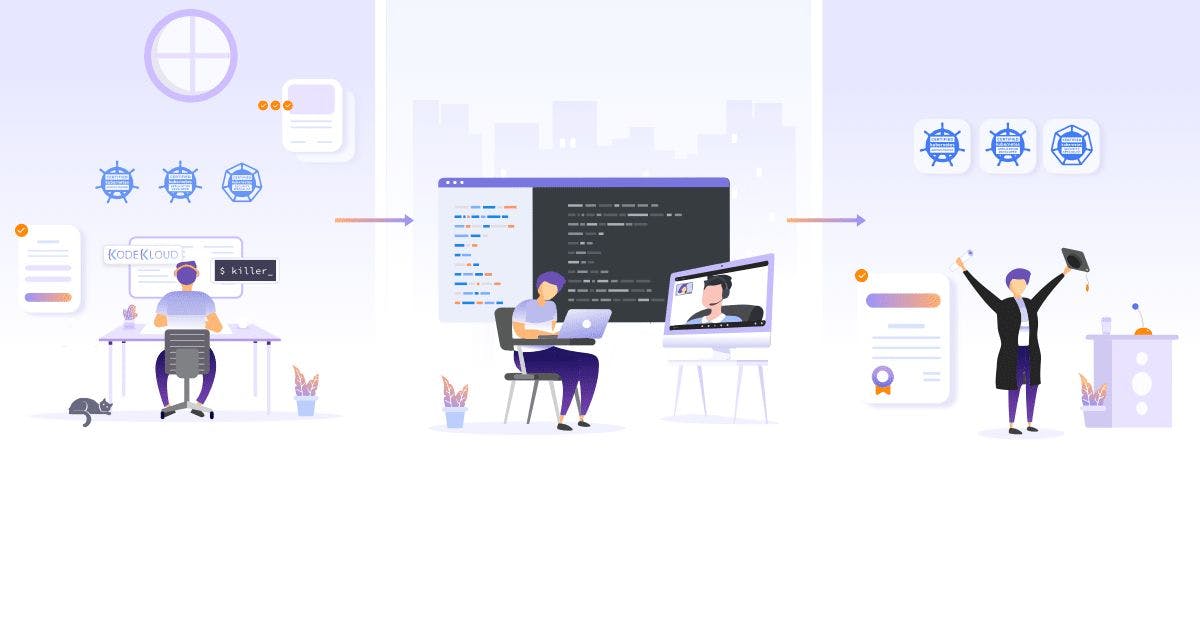1,925 reads
CKAD and CKA Certifications: Which to Take First and How to Prepare
by
June 16th, 2021

We help companies adopt cloud native technologies to make their infrastructure robust and scalable.
About Author
We help companies adopt cloud native technologies to make their infrastructure robust and scalable.
